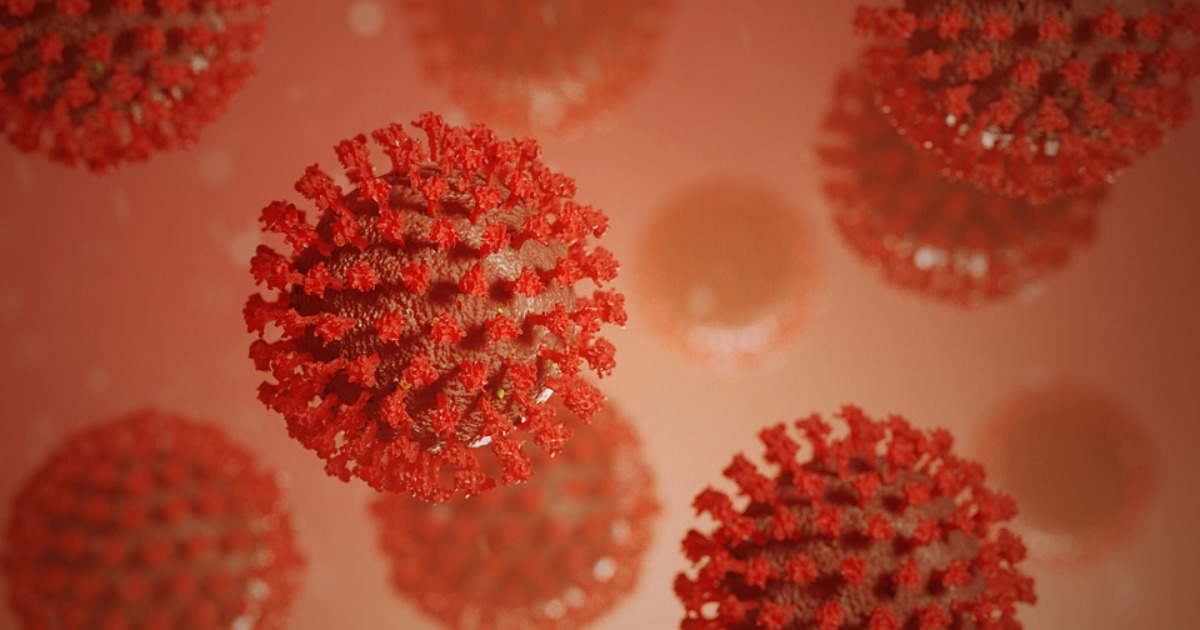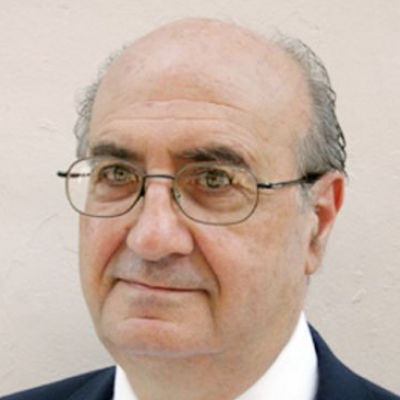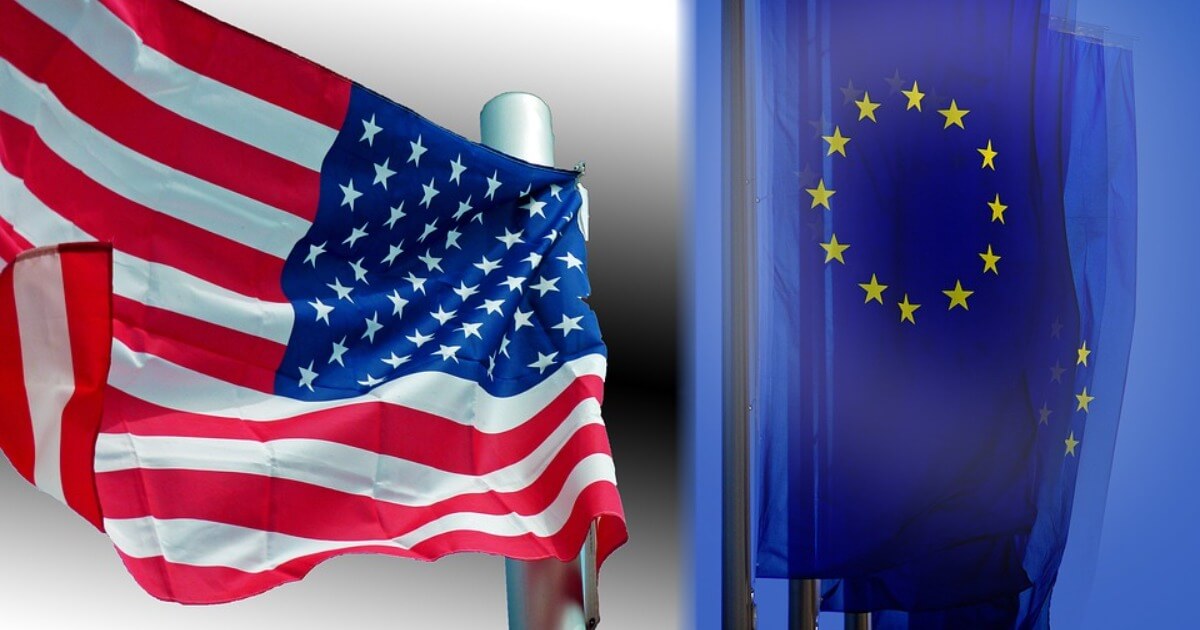Beyond Fauci: When Doctors Are Victims
Thoughts on the persecution of doctors and scientists in modern history.
July 25, 2020

The persecution of doctors, scientists and all those that have the courage to go up against the accepted knowledge or norms of the times is an ancient practice.
From Galileo to Fauci
One of the most famous cases concerns Galileo Galilei, the Italian astronomer, physicist and engineer from Pisa. He was persecuted by the Catholic Church in the early 17th century because his concept of the universe was not in line with the theological thinking of the times.
Galileo’s championing of “heliocentrism” — the Earth and planets revolving around the sun at the center of the solar system — was investigated by the Inquisition in Rome in 1615. He was tried by the Inquisition, found “vehemently suspect of heresy” and forced to recant. He spent the rest of his life under house arrest.
So far, Anthony Fauci has been luckier than that. Despite repeated attempts by the current U.S. President and his administration, most Americans continue to trust him more than they trust Donald Trump.
According to a poll conducted by The New York Times and Siena College, 67% of Americans trust Dr. Fauci as a source of accurate information about the pandemic, while only 26% trust President Trump.
Fauci dueling Trump?
When the time comes for another attack by Donald Trump or his surrogates, Fauci may be well-advised to point to the proud tradition of doctors as whistleblowers. One particular case comes to mind.
In 1865, Rudolf Virchow, a German physician, writer, scientist and politician, criticized the government for investing in the military instead of education and in eliminating poverty. Virchow is credited with the creation of Germany’s first public health programs.
According to legend, after a particularly severe attack by Virchow, prime minister Otto von Bismarck felt personally affronted, and sent seconds to Virchow’s laboratory to challenge him to a duel.
Choosing the right sausage
Bismarck’s officials found him working on Trichinella spiralis, the smallest nematode parasite of humans and one of the most clinically important parasites in the world. The parasite is responsible for the disease Trichinosis, which was causing ravages in Germany, and Virchow was working on the best way to control it.
“Oh,” said Virchow, “a challenge from Prince Bismarck, eh? Well, since I am the challenged party, I suppose I have the choice of weapons. Here they are!” He showed his visitors two large sausages which seemed to be exactly alike.
“One of these sausages,” said Virchow, “is filled with Trichinella spiralis — it is deadly. The other is perfectly wholesome. Externally, they cannot be told apart. Let his Excellency do me the honor to choose whichever he wishes and eat it, and I will eat the other one.” The duel was quickly cancelled. The incident is informally known as The Great Sausage Duel of 1865.
Fighting against big commerce
But the persecution of doctors and scientists in history doesn’t just concern pure science. Often, it is also closely wedded to pursuing business interests.
Such is the case of British doctor Judith Mackay, who since the 1960s spoke against tobacco companies when she studied the impact of smoking on people’s health in Hong Kong.
She campaigned for tax increases to discourage smoking among youth and against the promotion of tobacco use. Dr. Mackay centered her interests on tobacco use in low-income countries, women’s smoking and challenging the increasing influence of transnational tobacco companies.
When she asked the Hong Kong government to adopt stricter regulations to reduce tobacco use, she received death threats and was insulted. Little surprise that the multinational tobacco companies tried to discredit her research.
In fact, they called her one of the three most dangerous people in the world. In 2009, she received the first-ever British Medical Journal award for lifetime achievement.
Thanks to the work of people like Dr. Mackay, tens of millions of lives have been saved. It is estimated that between 2008 and 2014, more than 53 million people in 88 countries stopped smoking thanks to tobacco control measures.
A woman and preventing 22 million deaths
This means that more than 22 million smoking-related deaths have been averted, according to researchers at the Georgetown Lombardi Comprehensive Cancer Center.
In the United States alone, the total economic cost of smoking is more than $300 billion a year, including direct medical care, lost productivity and exposure to second hand smoking.
In the meantime, while the coronavirus continues to ravage the lives and threaten the survival of the U.S. population, no other medical person is more respected than Dr. Fauci by the public at large.
Conclusion
Biting the hands of doctors like Dr. Fauci who, against long odds, try to control the spread of the infection is a path to self-destruction.
Takeaways
With all the stories about Donald Trump hysterically going after Anthony Fauci, it is high time to add some historical perspective.
The persecution of doctors, scientists and all those that have the courage to go up against the accepted knowledge or norms of the time is an ancient practice.
Galileo was investigated by the Inquisition in 1615 and forced to recant. He spent the rest of his life under house arrest. So far, Dr. Fauci has been luckier than that.
Persecuting scientists is also often wedded to pursuing business interests -- such as the case of British doctor Judith Mackay who took on the tobacco companies.
When German doctor Rudolf Virchow criticized the government for investing in the military instead of education and in eliminating poverty, Bismarck challenged him to a duel.

